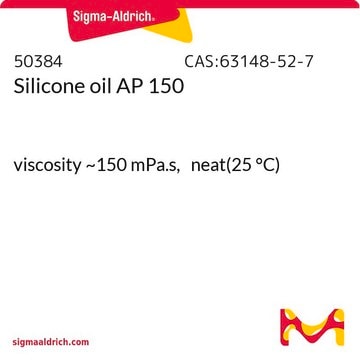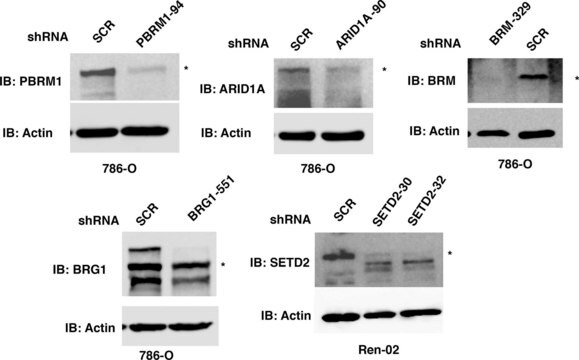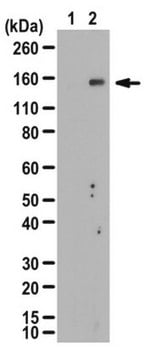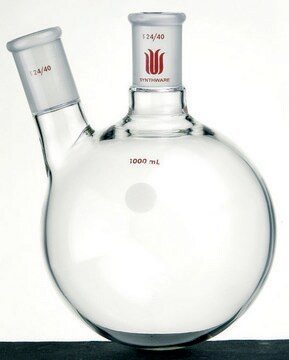06-1063
Anti-Frizzled-7 Antibody
from rabbit, purified by affinity chromatography
Synonym(s):
frizzled homolog 7, Frizzled, homolog of, 7, frizzled-7, frizzled homolog 7
Select a Size
Select a Size
About This Item
Recommended Products
biological source
rabbit
Quality Level
antibody form
affinity isolated antibody
antibody product type
primary antibodies
clone
polyclonal
purified by
affinity chromatography
species reactivity
rat, human, mouse
technique(s)
immunocytochemistry: suitable
immunohistochemistry: suitable
western blot: suitable
NCBI accession no.
UniProt accession no.
General description
Specificity
Immunogen
Application
Signaling
Developmental Signaling
Immunohistochemistry Analysis: 1:300 dilution from a previous lot detected Frizzled-7 in human ductal in situ and GI tract tissue.
Immunocytochemistry Analysis: 1:500 dilution from a previous lot detected Frizzled-7 in A431 cells.
Quality
Western Blot Analysis: 1 µg/mL of this antibody detected Frizzled-7 on 10 µg of mouse brain microsomal fraction tissue lysate.
Target description
Physical form
Storage and Stability
Analysis Note
Mouse brain microsomal fraction tissue lysate
Other Notes
Disclaimer
Not finding the right product?
Try our Product Selector Tool.
Storage Class Code
12 - Non Combustible Liquids
WGK
WGK 1
Flash Point(F)
Not applicable
Flash Point(C)
Not applicable
Certificates of Analysis (COA)
Search for Certificates of Analysis (COA) by entering the products Lot/Batch Number. Lot and Batch Numbers can be found on a product’s label following the words ‘Lot’ or ‘Batch’.
Already Own This Product?
Find documentation for the products that you have recently purchased in the Document Library.
Our team of scientists has experience in all areas of research including Life Science, Material Science, Chemical Synthesis, Chromatography, Analytical and many others.
Contact Technical Service






